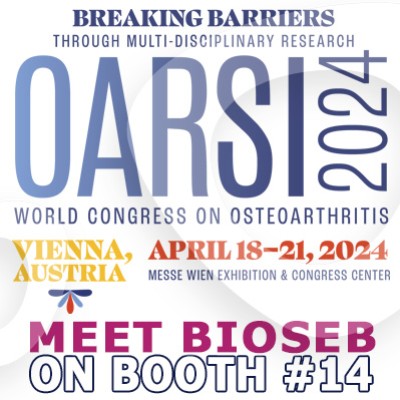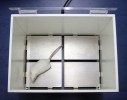Authors
Becker JA, Clesse D, Spiegelhalter C, Schwab Y, Le Merrer J, Kieffer BL
Lab
Institut de Génétique et de Biologie Moléculaire et Cellulaire, INSERM U-964, CNRS UMR-7104, Université de Strasbourg, Illkirch, France.
Journal
Neuropsychopharmacology.
Abstract
The etiology of Autism Spectrum Disorders (ASDs) remains largely unknown. Identifying vulnerability genes for autism represents a major challenge in the field and allows the development of animal models for translational research. Mice lacking the mu opioid receptor gene (Oprm1(-/-)) were recently proposed as a monogenic mouse model of autism, based on severe deficits in social behavior and communication skills. We confirm this hypothesis by showing that adult Oprm1(-/-) animals recapitulate core and multiple comorbid behavioral symptoms of autism and also display anatomical, neurochemical, and genetic landmarks of the disease. Chronic facilitation of mGluR4 signaling, which we identified as a novel pharmacological target in ASDs in these mice, was more efficient in alleviating behavioral deficits than the reference molecule risperidone. Altogether, our data provide first evidence that disrupted mu opioid receptor signaling is sufficient to trigger a comprehensive autistic syndrome, maybe through blunted social reward processes, and this mouse model opens promising avenues for therapeutic innovation.
BIOSEB Instruments Used:
Aron Test or Four Plates Test (LE830),Rotarod (BX-ROD)

 Pain - Thermal Allodynia / Hyperalgesia
Pain - Thermal Allodynia / Hyperalgesia Pain - Spontaneous Pain - Postural Deficit
Pain - Spontaneous Pain - Postural Deficit Pain - Mechanical Allodynia / Hyperalgesia
Pain - Mechanical Allodynia / Hyperalgesia Learning/Memory - Attention - Addiction
Learning/Memory - Attention - Addiction Physiology & Respiratory Research
Physiology & Respiratory Research
 Pain
Pain Metabolism
Metabolism Motor control
Motor control Neurodegeneration
Neurodegeneration Cross-disciplinary subjects
Cross-disciplinary subjects Muscular system
Muscular system General activity
General activity Mood Disorders
Mood Disorders Other disorders
Other disorders Joints
Joints Central Nervous System (CNS)
Central Nervous System (CNS) Sensory system
Sensory system

